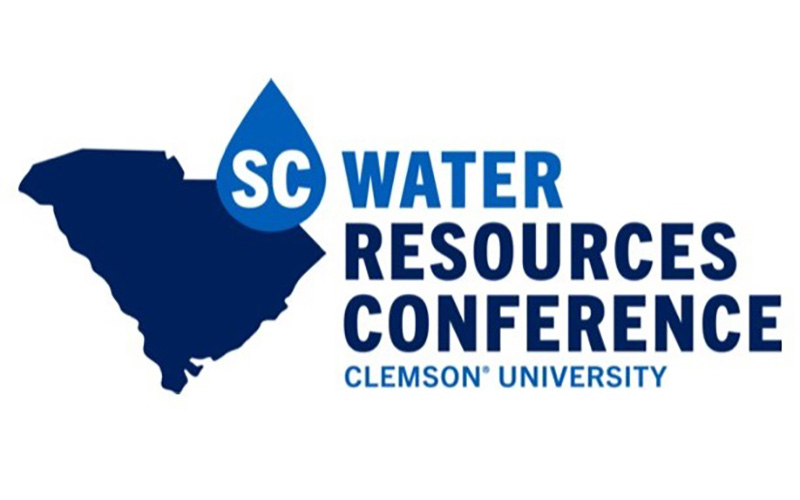Article Type
Full Research Article – Regular Issue
Volume
8
Issue
2
DOI
10.34068/JSCWR/08.02.06
Abstract
Public outreach and education are important components of local stormwater management efforts aimed at protecting water quality and reducing pollutants of concern. Increasingly, educators recognize that creating effective outreach material depends on an understanding of the target audience, their current behavior, and their barriers and motivations to adopting pro-environmental behaviors. Clemson Extension’s Carolina Clear program partners with 39 communities across South Carolina to provide compliance-based stormwater education and outreach. On behalf of these community partners, Carolina Clear conducted the third iteration of a telephone survey to gauge local knowledge, perceptions, and behaviors of residents related to stormwater and watershed health. Results presented here will highlight key knowledge gaps (e.g., the misconception that stormwater runoff is treated) and behaviors (e.g., dumping down storm drains) that could potentially be targeted through education and removal of barriers (e.g., storm drain markings). Survey results showed ongoing misperceptions about the major sources of stormwater pollution, whether stormwater is treated, and what behaviors generate pollution. However, results also show a high level of concern about water quality, as well as a desire to practice pro-environmental behavior. Highlighting the connection between potential sources of pollution, such as pet waste and septic systems, and impacts, such as shellfish bed closures and swimming restrictions, could provide stronger awareness and motivation, particularly among the large number of residents who enjoy visiting beaches and who swim, fish, and boat in local waterways. Ultimately, the survey results can be used by a variety of educators and practitioners statewide to better understand and identify target audiences and to guide the development of stormwater programming that addresses these knowledge gaps. Conducting focus groups with subpopulations of residents is recommended as a next step to further identify specific motivations within subpopulations of residents. Combining the survey results with focus-group data can help educators remove barriers to taking action and further motivate behavior change.
Takeaway(s)
none
Recommended Citation
Scaroni, Amy E.; Duda, Mark Damian; Criscione, Andrea; and Jones, Martin
(2021)
"Gauging Residential Knowledge and Behavior to Inform Stormwater Outreach Efforts across South Carolina,"
Journal of South Carolina Water Resources: Vol. 8
:
Iss.
2
, Article 6.
DOI: 10.34068/JSCWR/08.02.06
Available at:
https://open.clemson.edu/jscwr/vol8/iss2/6






